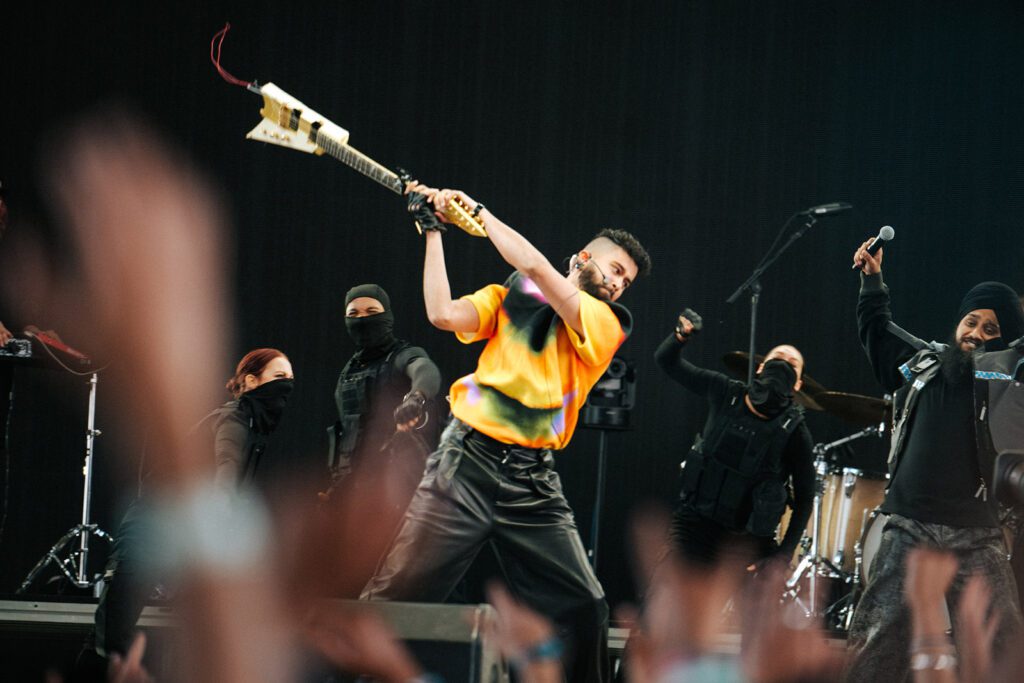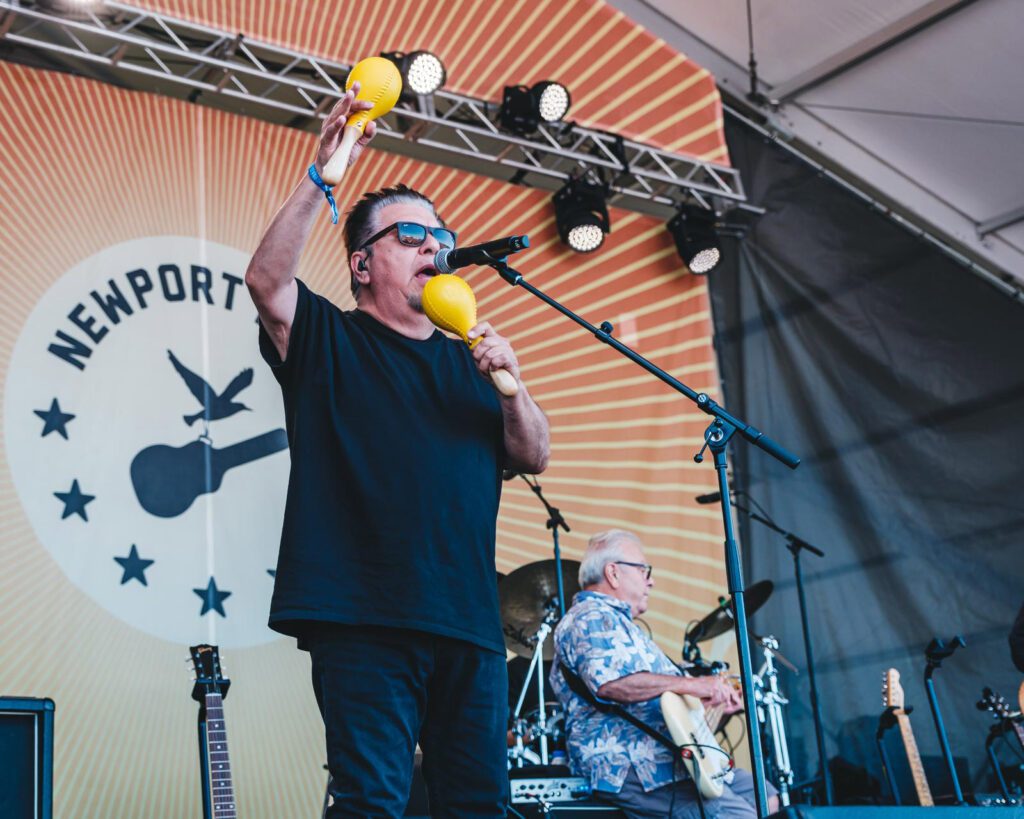Japan lifts state of emergency but future of clubs remains uncertain
With the exception of Tokyo, Osaka, Kyoto and five other regions, the rest of Japan can now slowly return to everyday life, the government announced on May 14th. Earlier this month, officials said the state of emergency, imposed in April, would be extended until May 31st, but that changed amid declines in new COVID-19 cases. The government will reevaluate whether to lift the still-restricted regions before the end of May.
Under the state of emergency, bars and clubs were asked to close. This approach differs from other countries, where strict lockdowns forced establishments to shut. Most of Japan’s revered nightlife institutions, having complied with the request, are now shouldering hefty revenue losses. Many venues are raising money on popular fundraising site Campfire.
Sound Space α, a techno club in Fukuoka, is looking to raise over ¥1,000,000 (US$9,340) in the next month. Its manager, Yusuke Harada, told Resident Advisor that he’s unsure whether the venue will reopen in June.
Club Metro in Kyoto, which closed its doors on April 1st, was due to celebrate its 30th anniversary that same month. The venue, named for its subway station location, surpassed its ¥4,000,000 ($37,350) goal by the first week of May. Local artist SINKICHI also put together a 59-track compilation, with all proceeds going to Club Metro.
The Japanese authorities are offering grants to shuttered businesses, though many have complained about the slow pace of payouts. Sound Space α is still waiting, Harada said. In Tokyo, small and medium organisations began receiving cash last week.
To address these concerns, the JNEA (Japanese Nighttime Economy Association) recently announced a new consultation service aimed at helping live music venues apply for support. Japan’s political opposition has also proposed rent relief for affected businesses.
Still, the overall mood isn’t positive. “People are angry about the level of government support, which isn’t as good as other countries,” said Midori Aoyama, a DJ in Tokyo who also runs Eureka Records and online radio platform Tsubaki FM.
As a freelancer, Aoyama is eligible for a one-time payout of ¥1,000,000, which he only expects to receive by the end of June. “That’s a good amount, but DJs who aren’t 100 percent freelance can’t get that,” he said.
The mood in Tokyo right now is mixed, he added. “Some people are tired of staying home so they’re going out but many are also worried about new infections.”
Nightclubs in Seoul recently reported new coronavirus cases after reopening. “Since the news of the Seoul cluster, I think a lot of people will refrain from going to clubs here,” Ryuichi Kaneko, AKA Shhhhh, said.
Follow our rolling news coverage on the coronavirus’s impact on electronic music here.




